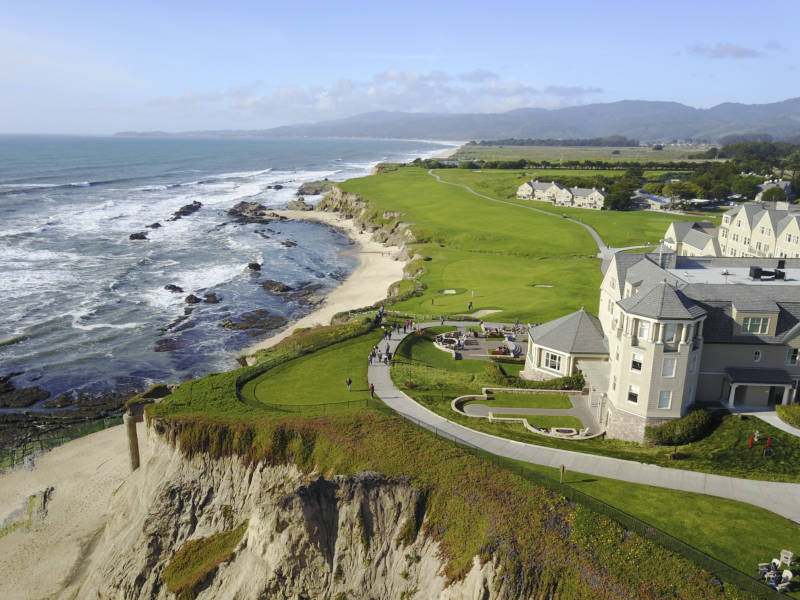However, over the years, hotel staff would park other cars in those spots and told members of the public they couldn’t park there. The commission also said the hotel failed to display signs informing the public that beaches are free and open to anyone.
After a $50,000 fine in 2004, the hotel management said it would change its act. It then paid additional penalties in 2007 and 2011.
Shelly Auyeung, communications manager at the Ritz-Carlton in Half-Moon Bay, declined to comment.
“Perhaps creating the illusion of a private beach helps justify the exorbitant cost of the rooms,” said Mandy Sackett, state policy director for the Surfrider Foundation, an environmental group. Rooms at the Ritz-Carlton there can go for up to $1,000/night.
The $1.6 million penalty, which was reached as part of a settlement with the hotel, is the second-largest in the history of the coastal commission. Of the penalty, $1 million will go to a fund that provides signs, trails, stairs and other amenities to help the public use state beaches. The remaining $600,000 will go to the Peninsula Open Space Trust, a Palo Alto land conservation group, to help purchase a property north of the hotel to expand public beach access.
The hotel also agreed to expand the beach parking lot to 22 spaces, install signage stating that the beaches are public, better train its staff and post the information on the hotel’s website.
Under the terms, the hotel will also face penalties of $25,000 per violation per day for any future violations.
Beach access has been a controversial legal issue in the past with a Silicon Valley billionaire attempting to take a case to the Supreme Court over whether he had the right to keep a road private, and a Santa Cruz neighborhood initially rejecting a compromise to open up a gated community to public beach access.

